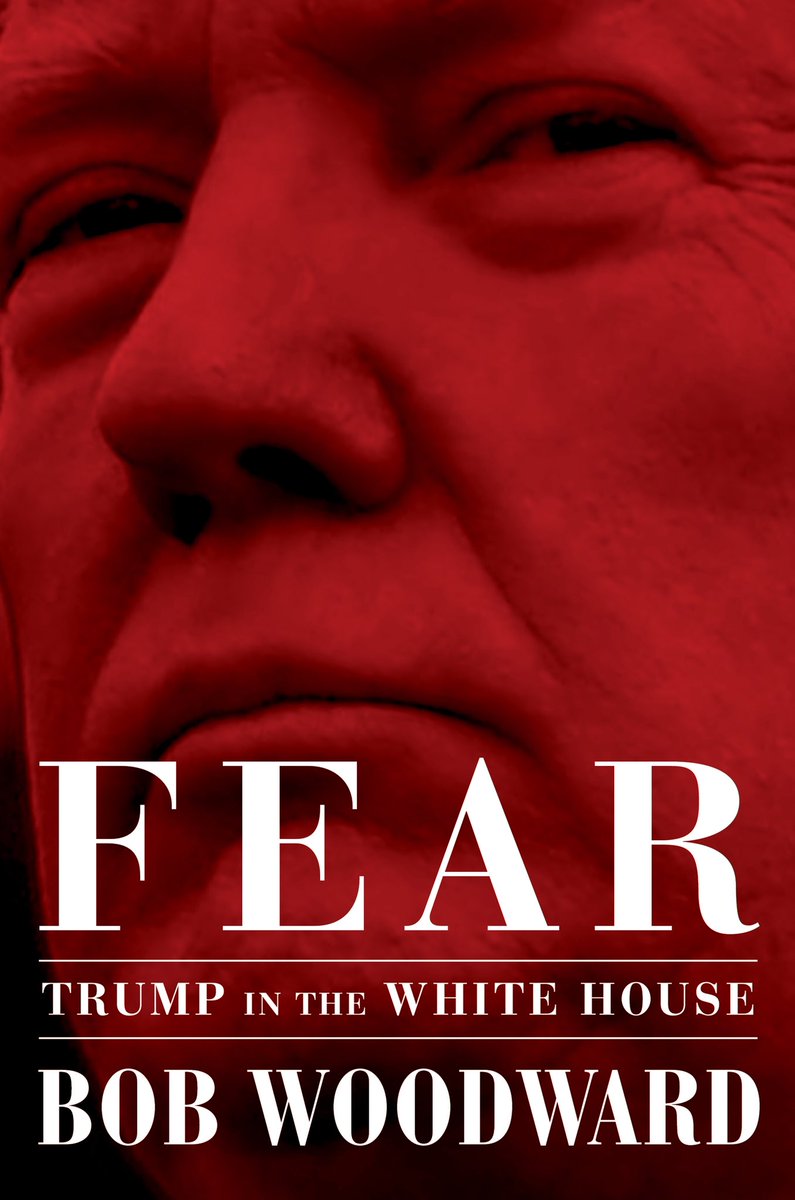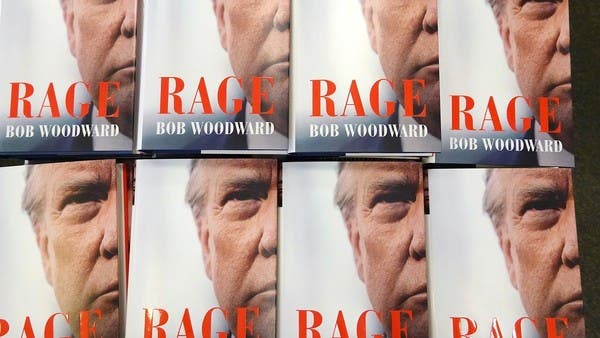

The use of direct quotes gives his books the feel of immediacy, but the quoting is at once so promiscuous and so obviously selective that it comes across no differently than a reality TV show, as a kind of voyeurism. But I am just not capable-and this is a grave fault-of taking A, B, C and D and saying, ‘OK, now E.’” “I read things by various people that I wish I could replicate, weaving fact and judgment, the kind of sophisticated calls that really help the narrative. “I can’t write those big cosmic analyses,” he told Playboy in 1989. Woodward knows his limitations as his readers may not. By the time he wrote Maestro (on Federal Reserve Chairman Alan Greenspan) and Bush at War after 9/11, Woodward’s transformation into a propagandist was so complete that State of Denial four years later was as much about Bush’s self-destruction as it was about Woodward’s, whose tongue hanging at Bush’s footstool begged for a lashing. His 80s and 90s drifted between targets that never matched his earlier hype–John Belushi, the CIA, the Pentagon, Bill Clinton, all of it more salacious than scandalous, none of it so insightful as to be more than curiosity footnotes once the books lumbered past the bestsellers’ list. His years as an insurgent reporter who could bring down a president didn’t make it past the 1970s. But we have Bob Woodward: the PR man with selective access to vanity Machiavellis. We don’t have court historians, those stenographic courtesans embedded in power’s antechambers to write regal history’s first draft. 2: Sinclaire Lewis's Main Street and Babbitt 29: Marieke Lucas Rijneveld's The Discomfort of Evening 27: Sally Rooney's Beautiful World, Where Are You 26: Arthur Schlesinger's The Disuniting of America 25: Garcia-Marquez's The Autumn of the Patriarch 24: Richard Rorty's Achieving Our Country I hope they find these, ahem, brief reflections (rather than reviews) at least a little provocative. The days' installments are listed below.


They’re ignored the rest of the year, so this is for them. No doubt only six or seven readers out there are interested in this sort of thing. Instead of only running the usual end-of year sum-ups and fillers, I’m launching the Byblos column and offering the Ten Books of Christmas: every day I’m publishing an original piece of mine on one of the books of the year I found most notable-books old and new, fiction and nonfiction, whether inspired by covid, confinement, covfefe or just the libidinous, inebriating pleasure of reading.

This year I’m doing something a little different. It helps us, and no doubt you, exhausted reader, to take a break from outrage and lurid politics. The Ten Books of Christmas: Between Christmas and New Year’s FlaglerLive customarily reduces production. “Peril” is the third of Bob Woodward’s books on the Trump Administration, written with Robert Costa.


 0 kommentar(er)
0 kommentar(er)
